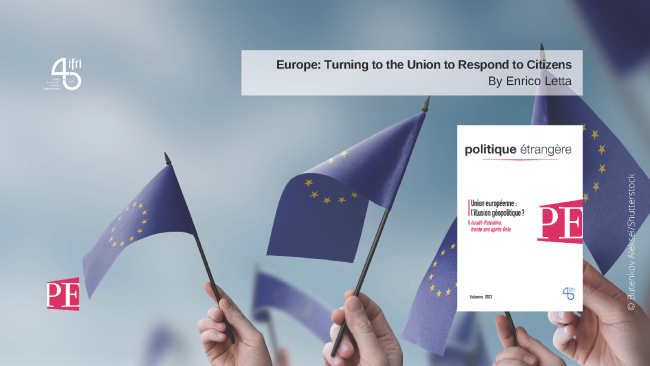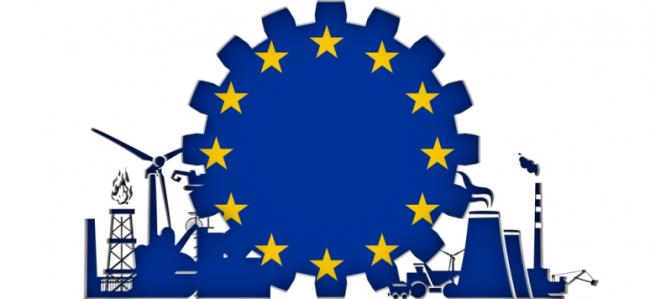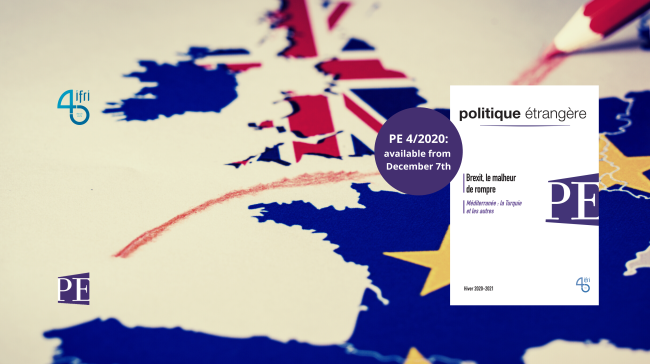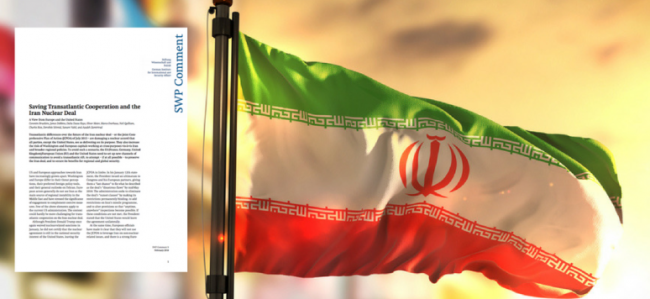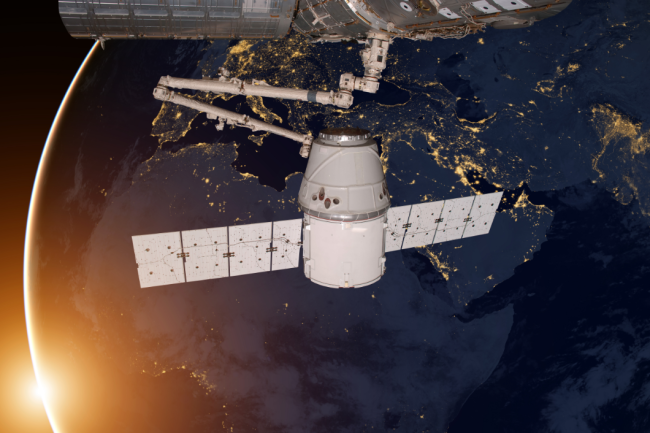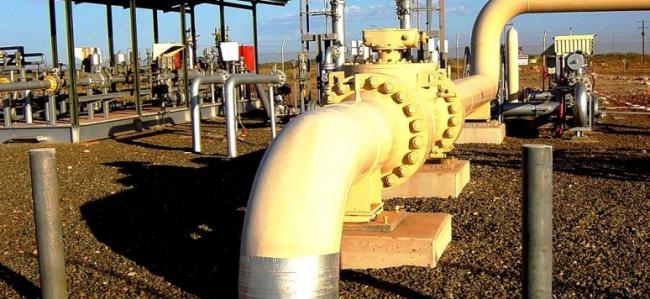8 publications for "new deal"
Europe: Turning to the Union to Respond to Citizens
To deal with the internal and external challenges of a new era, the European Union must reform its institutions: review Member States' right of veto, strengthen the Commission, and take action on foreign policy and security matters, energy, the single market and the economy, social policy, health and immigration—while at the same time considering expansion. This is the only way for the Union to preserve the values of freedom and democracy that underlie European integration.
The European Green Deal Three Years On: Acceleration, Erosion, Fragmentation?
The European Green Deal (EGD) is the single most defining policy initiative of the von der Leyen Commission. Since its publication in December 2019, it has become the European Union’s (EU) new raison d’être: protecting the planet and Europeans from environmental degradation, through a holistic approach to the energy transition, while promoting sustainable growth and a just transition with no social group or territory left behind.
Brexit: The Trouble of Breaking Up
On the brink of Brexit, what form will it take? British and European negotiators might prefer a bad deal to no deal, but would this avoid the significant disruption in trade with the European Union that no new trade deal could make up for?
Saving Transatlantic Cooperation and the Iran Nuclear Deal. A View from Europe and the United States
Transatlantic differences over the future of the Iran nuclear deal – or the Joint Comprehensive Plan of Action (JCPOA) of July 2015 – are damaging a nuclear accord that all parties, except the United States, see as delivering on its purpose. They also increase the risk of Washington and European capitals working at cross-purposes vis-à-vis Iran and broader regional policies. To avoid such a scenario, the E3 (France, Germany, United Kingdom)/European Union (EU) and the United States need to set up new channels of communication to avoid a transatlantic rift, to attempt – if at all possible – to preserve the Iran deal, and to secure its benefits for regional and global security.
New Space: The Impact of the Digital Revolution on Space Actors and Policies in Europe
Like most “traditional” industries, for several years the space industry has been faced with the challenges of digital technology. So, the European space industry is dealing with new actors from digital technology, which are mainly American start-ups or Silicon Valley giants such as GAFA (Google, Amazon, Facebook and Apple)
Rushing to a deal on the UK could be ill-thought-out for the EU
The European leaders are gathering this week to agree on a new settlement for the United Kingdom. The sudden peak of political interest, however, is coming late in the negotiations. The UK question has always been a European question despite the lackluster interest from European capitals. A failure to properly address the consequences of Britain remaining or leaving the EU would be very detrimental for the future of the Union.
The European Gas Market Looking for its Golden Age?
The EU gas policy has to deal with a new landscape on the supply and demand sides. This study examines five major recent evolutions of the EU gas market: the relations with Russia, LNG coming back to Europe, the decrease of Groningen production, the contrasted evolutions of shale gas and the perspectives of EU natural gas demand.
Algeria, a New Regional Force? / Armenia-Turkey: the Wasted Centennial
Algeria has appeared strangely calm despite an explosive regional environment. Nevertheless, a number of storm clouds lurk on the horizon: the fall of oil prices in a highly resource-driven economy; a decrease in revenues that have stood to maintain social peace; paralysis of the political system; instability in the Maghreb (Tunisia, Libya…) and the Sahel (Mali…). Algiers is faced with many difficult choices. How should the succession of president Bouteflika be settled in a society that is increasingly depoliticized but that nevertheless contests the regime’s opacity? Is it possible to finally diversify an economy that is still structured on rent from the country’s resources? How can the country protect itself from external disorder? As the major military power in the region, Algeria has followed a path of non-engagement in external affairs for decades. This is no longer viable. At both the internal and external level, the regime will have to demonstrate flexibility in dealing with new, potentially dangerous situations.
This issue of Politique étrangère also deals with two major themes of 2015: the 100 year anniversary of the Armenian genocide, which was a wasted opportunity to link Ankara and Erevan, but has proven to be revealing Turkish contradictions, among other things; the shifting of international migrations, in particular those involving Europe and the Mediterranean region.
A range of other topics are also explored in this issue that strike at the heart of many of the most pressing international debates today: The negotiation of a possible Transtlantic Trade and Investment Partnership (TTIP), Chinese visions of the “New Silk Roads”, the state of Somalia, piracy in the Gulf of Guinea, and relations between Muslims states and Islam in France.









